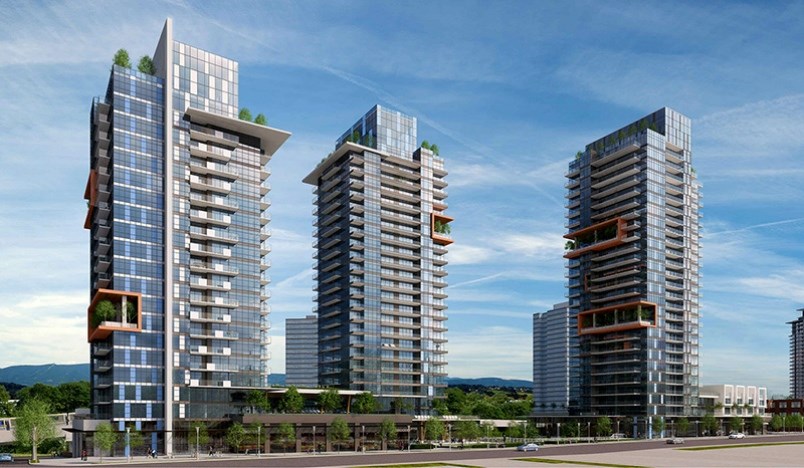The city of Port Moody will spend $3,100 on an information campaign about , once it figures out where the money will come from.
But two councillors caution such a campaign could be fraught with political overtones, especially in an election year.
The campaign, which was endorsed by a council resolution last November, will include:
• the most recent census information about Port Moody’s population, as well as statistics related to regional growth in communities east of PoMo;
• projected growth for the city;
• an overview of transit-oriented development;
• information on the status of development applications in the city, including the number of approved developments and the effect they’ll have on the city’s projected population increase;
• information about amendments to the city’s official community plan that have been adopted since 2016;
• info on the impact of current and future developments in the region on Moody’s traffic;
• and a list of traffic improvements in the city’s master transportation plan.
The information will be conveyed in 12,000 copies of a four-page newsletter distributed to PoMo residences and businesses, a stand-alone publication that will be available at civic facilities, a full-page newspaper ad, boosted ads on social media, a dedicated page on the city’s website and emails targeted to various city committees, the citizens' advisory group and other stakeholders.
Fuelling misinformation
In an earlier interview, Mayor Mike Clay told The Tri-City News the effects of misinformation or lack of information about the city’s development plans and their impact was especially driven home during the debate about creating a transit-oriented development area around the Moody Centre SkyTrain station. He said the city itself fuelled some of the fears how that might look by publishing an image that showed a cluster of symmetrical, rectangular towers.
“Putting generic boxes on a street doesn’t inspire anybody,” Clay said. “It gets the reaction we got: people saying it’s ugly, it’s too much, it’s scary. A lot of people don’t speak the language we speak at the city.”
Council approved the densification of the neighbourhood last November after a lively two-and-a-half hour public meeting where speakers expressed concerns about turning the area into “another Metrotown.”
Political hot topic
But Councillor Rob Vagramov said any information about development is bound to be political. “This is a discussion that has historically been the crux of past elections," he said.
And Councillor Hunter Madsen said: “For those in the community who are really concerned about over-development in the community, the success of the document we produce is going to be judged not so much by the facts it includes but by the facts it has omitted."
That notion was dismissed by Councillor Diana Dilworth, who said: “There seems to be an insinuation that anything that occurs over the next 10 months is political pandering."
Bob Hackett, a professor in the School of Communication at Simon Fraser University, said while “the initiative looks worthwhile,” the info campaign shouldn’t preclude independent exploration of the influence developers might have on civic politics.
At its meeting January 23, council referred the information campaign to the city’s finance committee to identify sources for its cost. It’s expected a draft of the campaign will be ready for council to review by the end of February.



